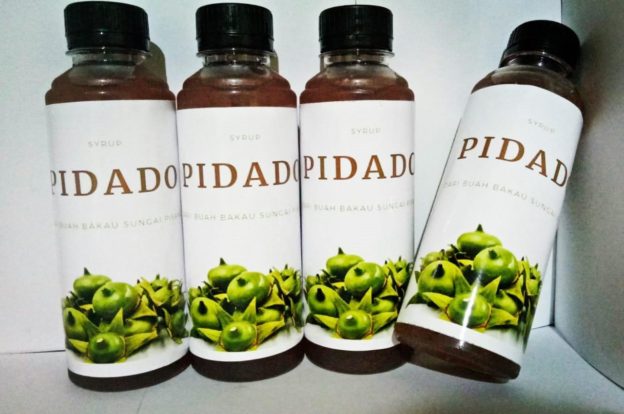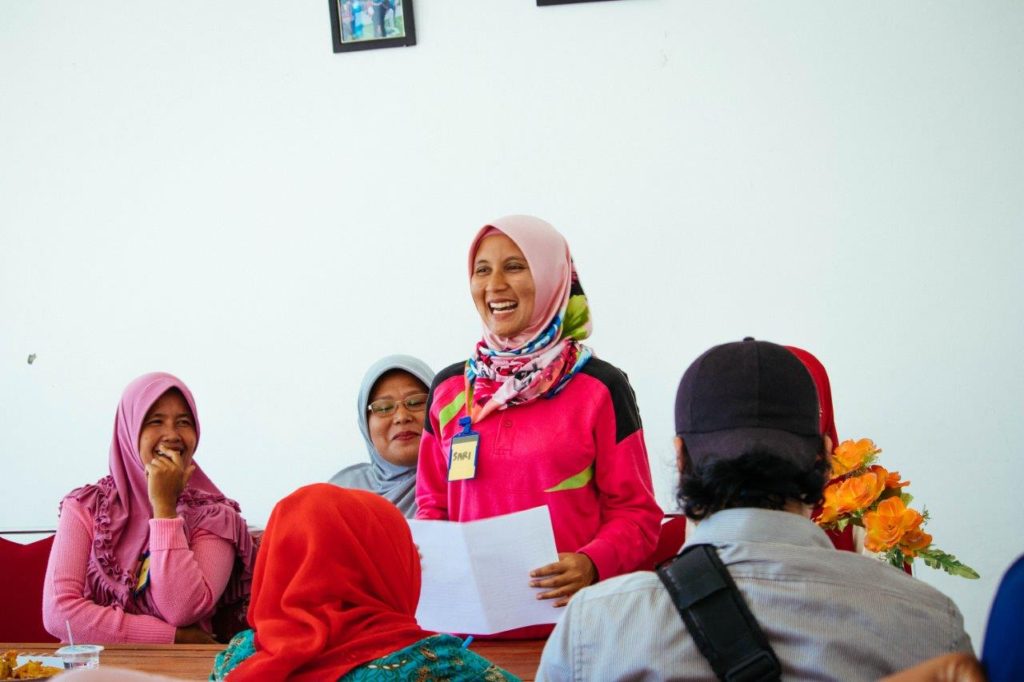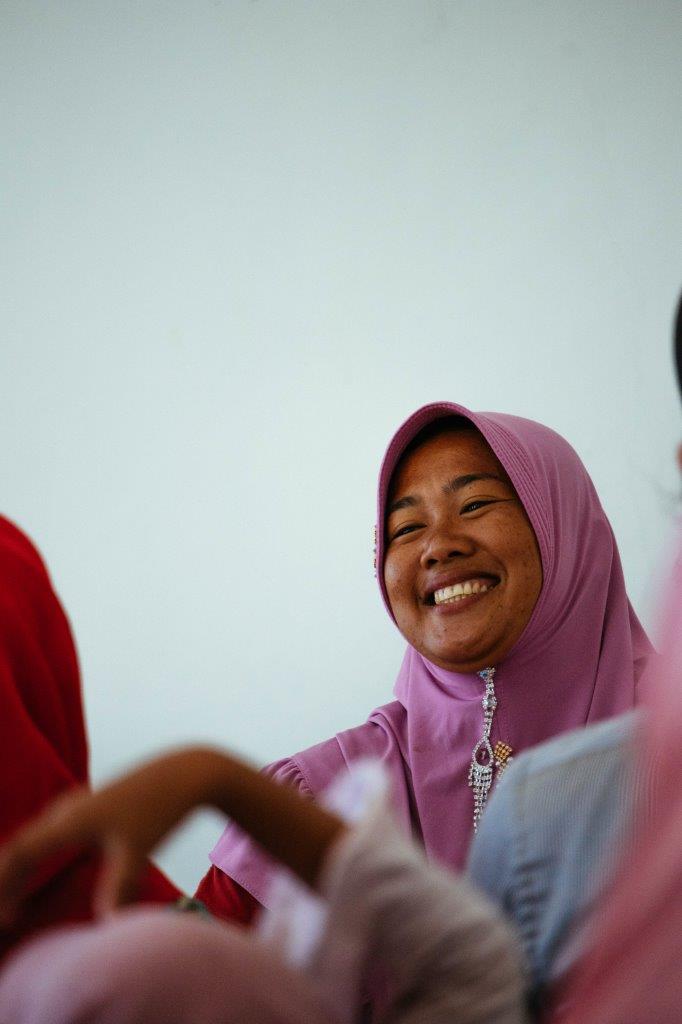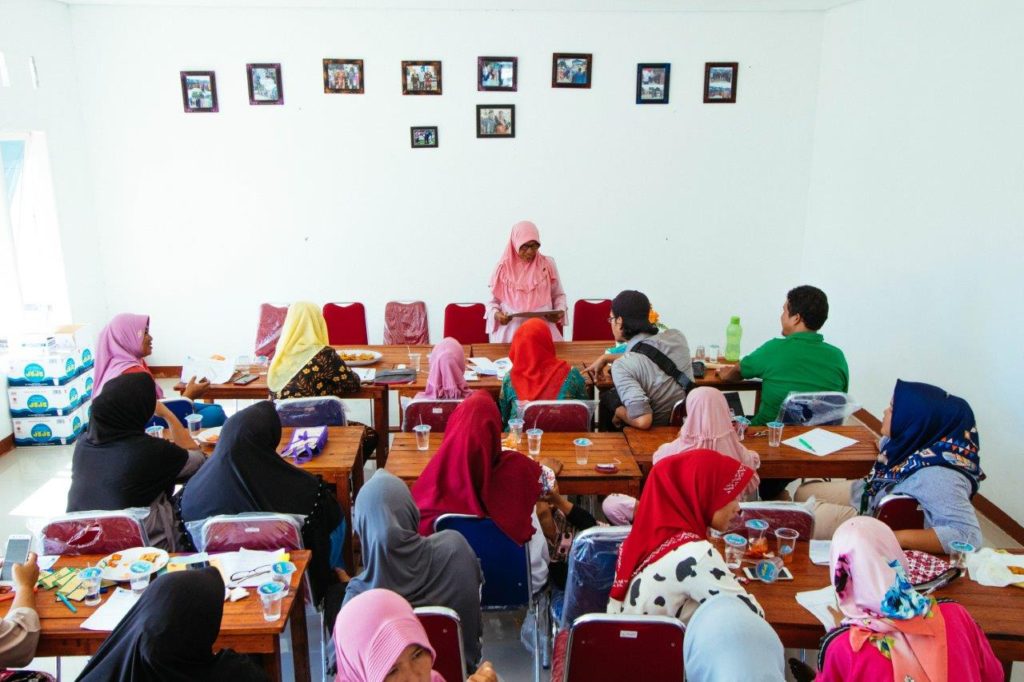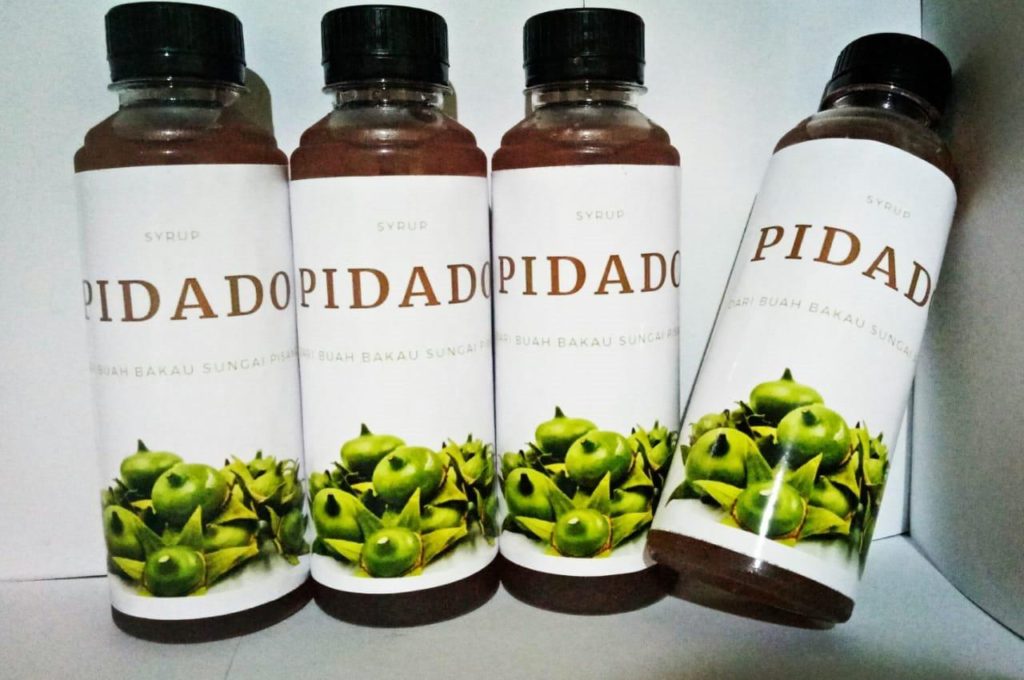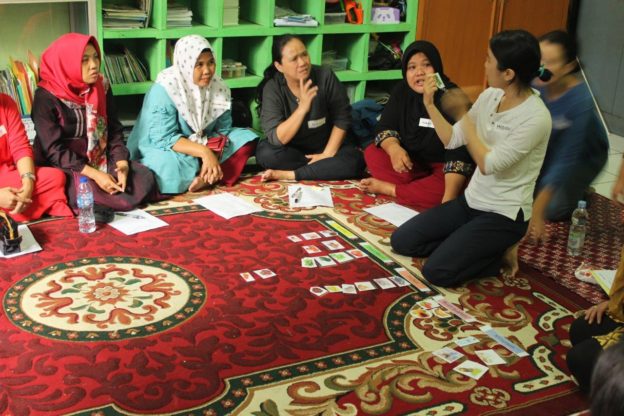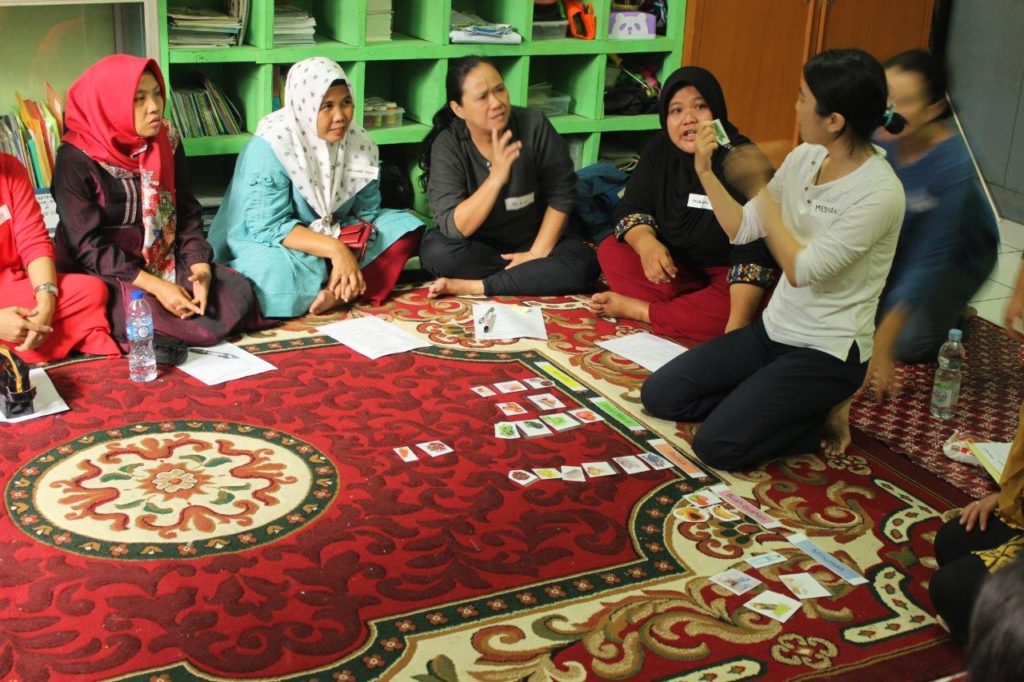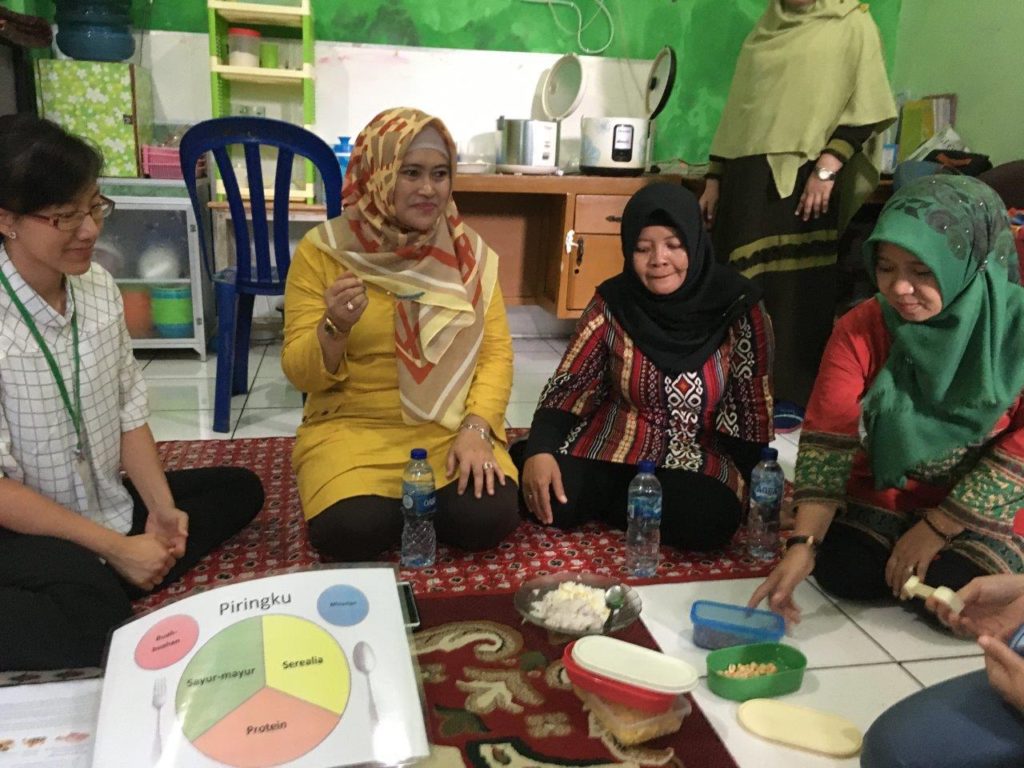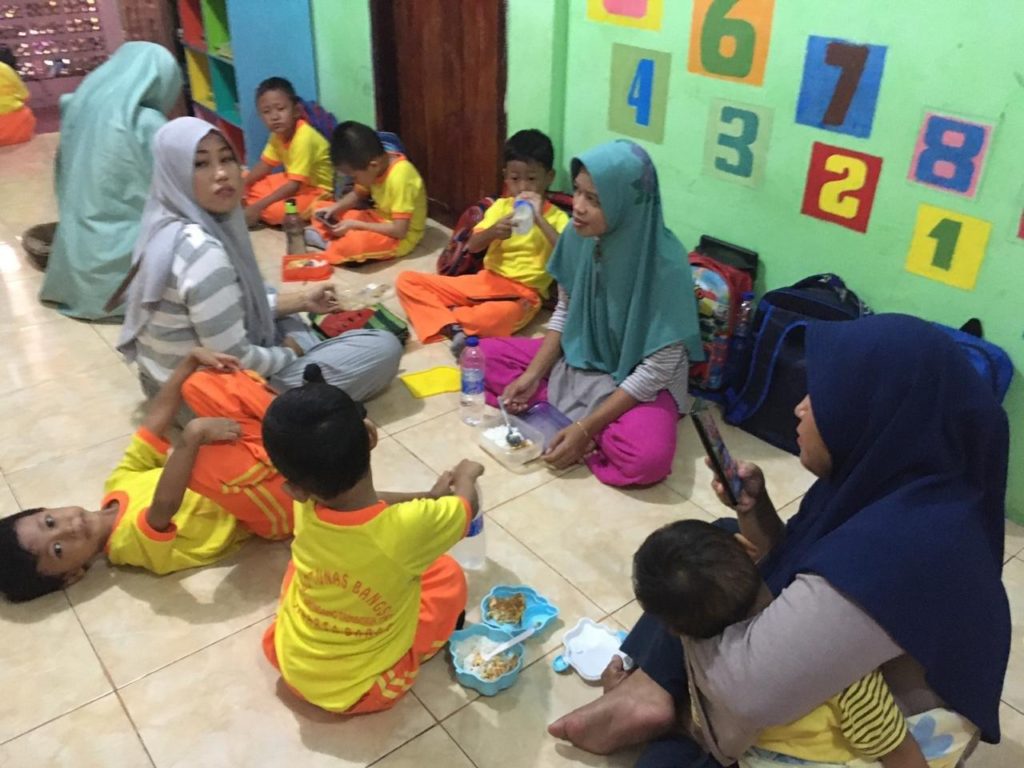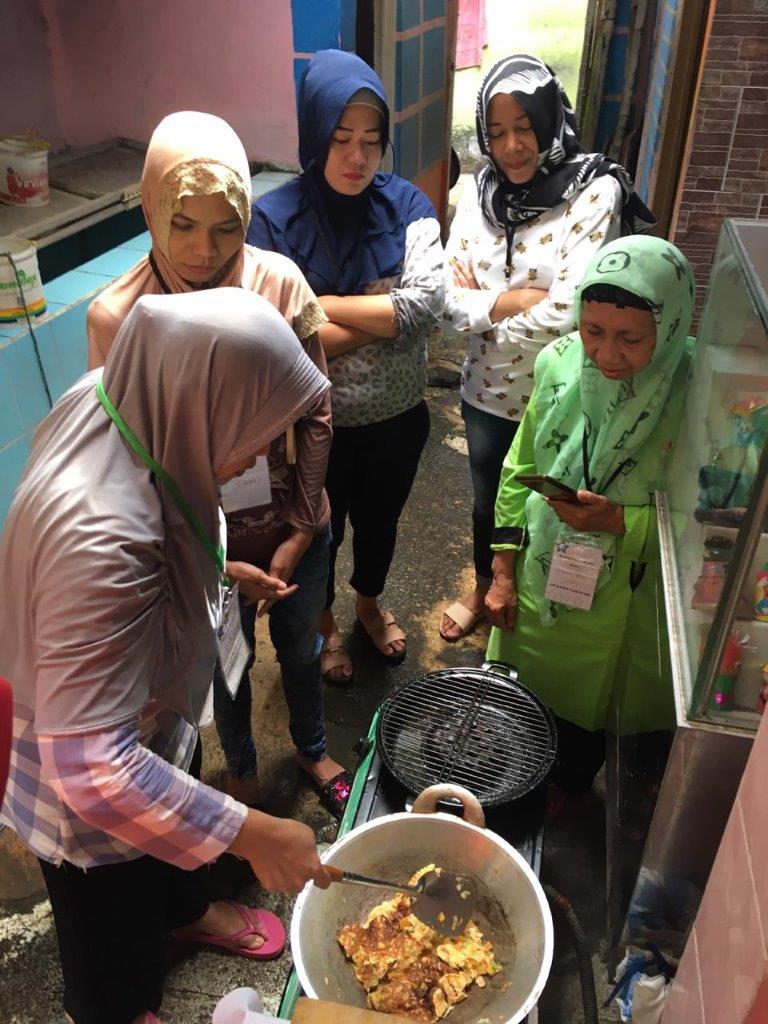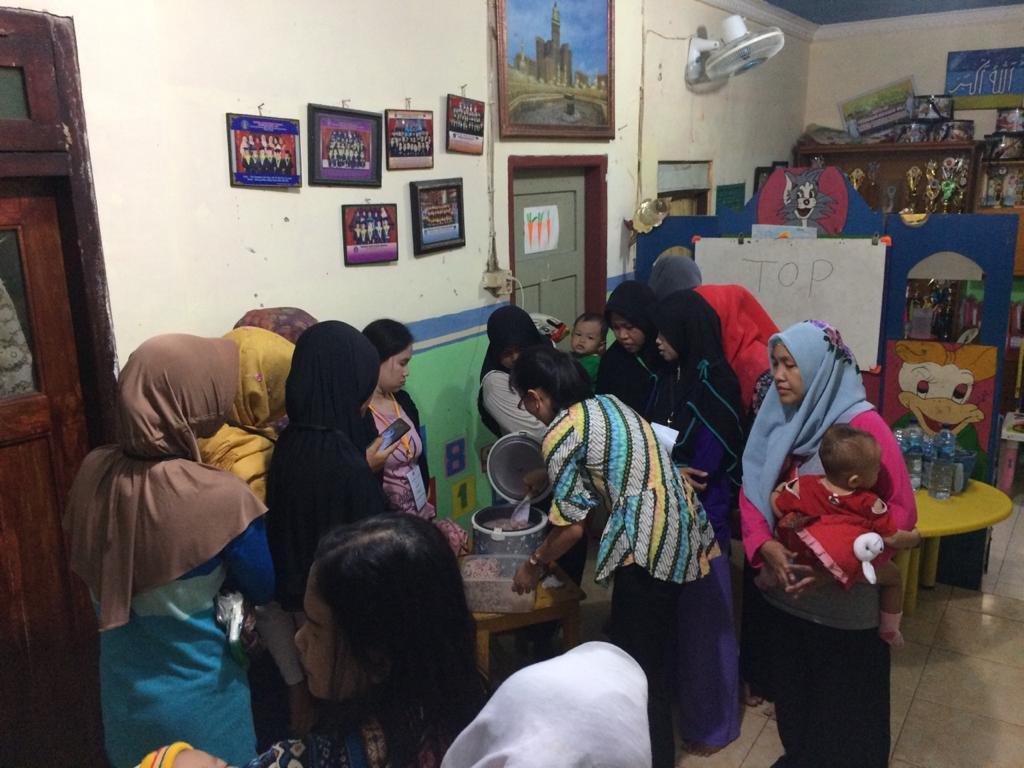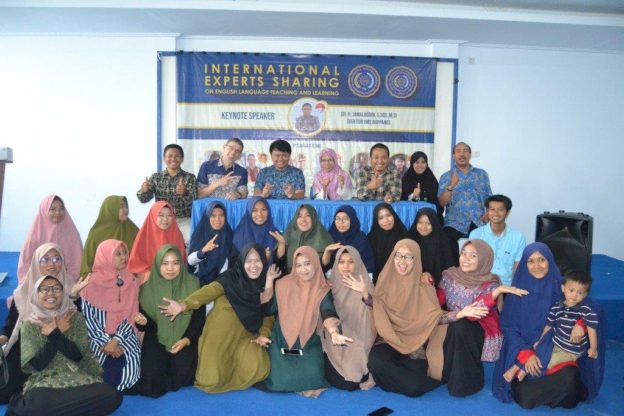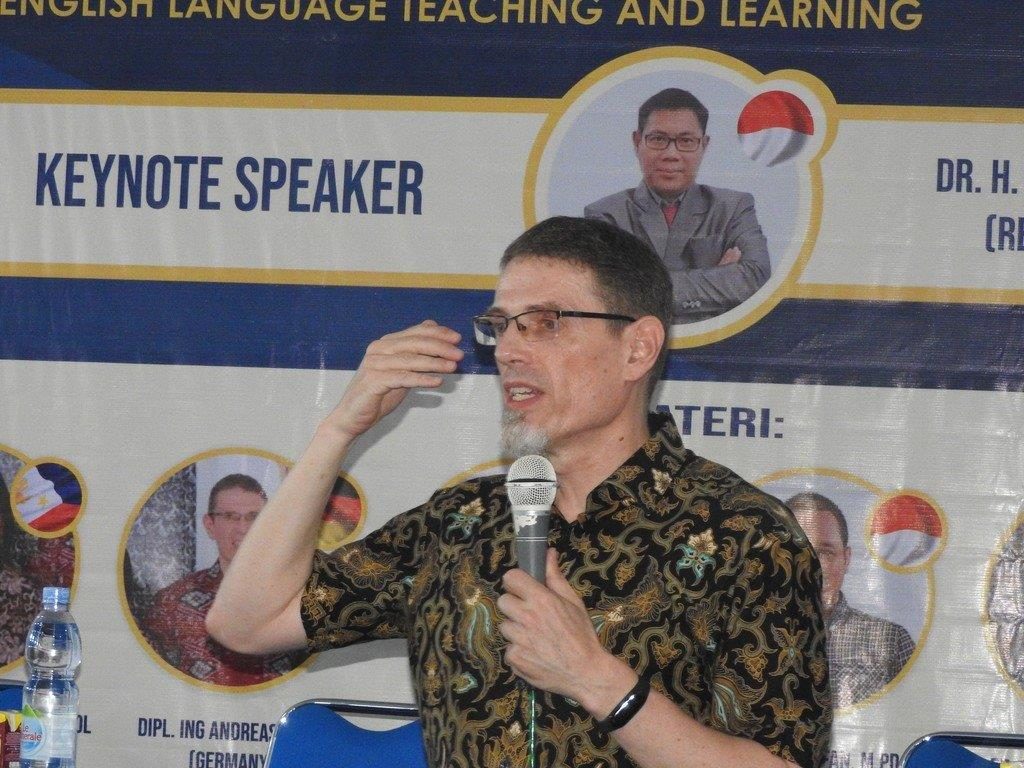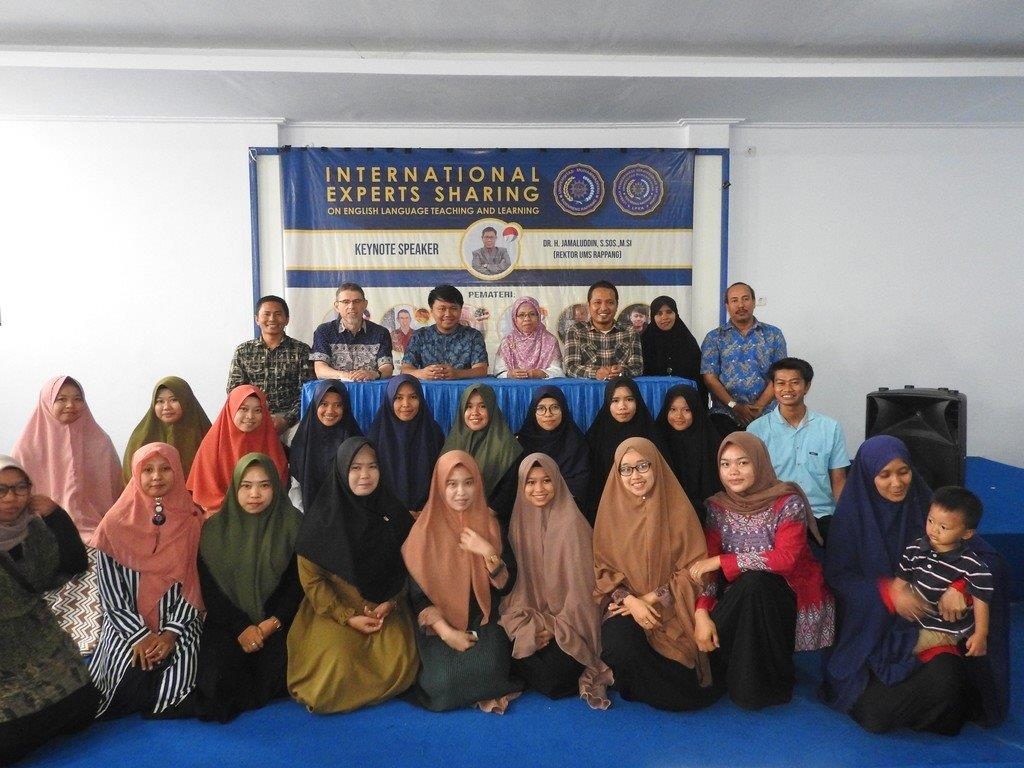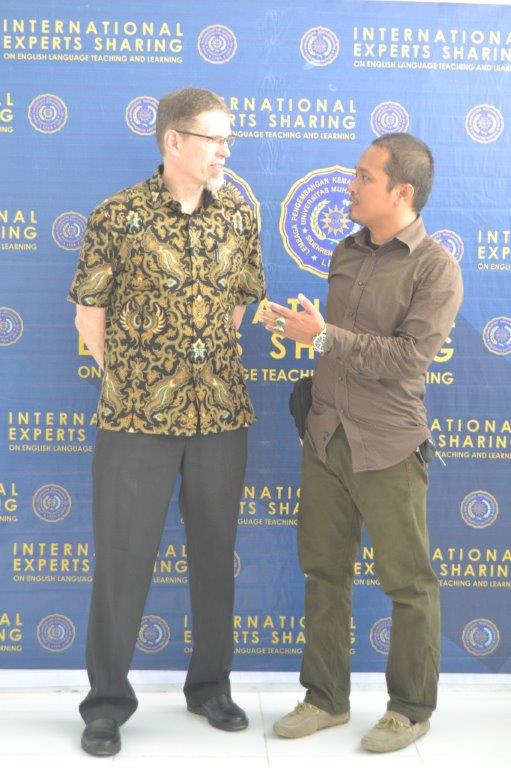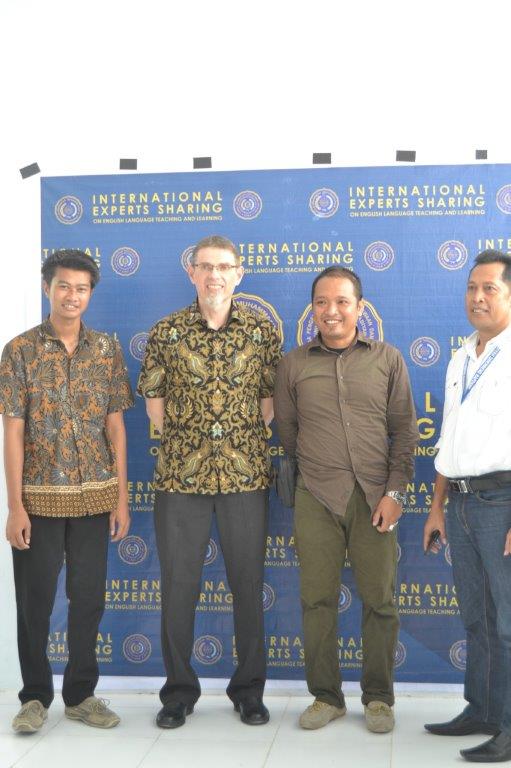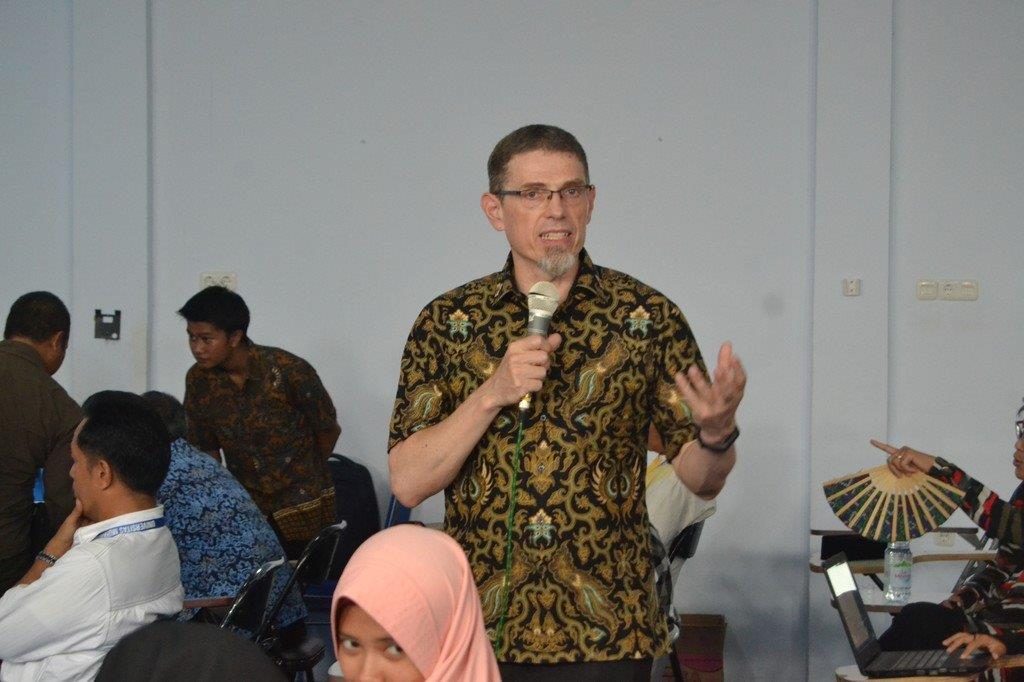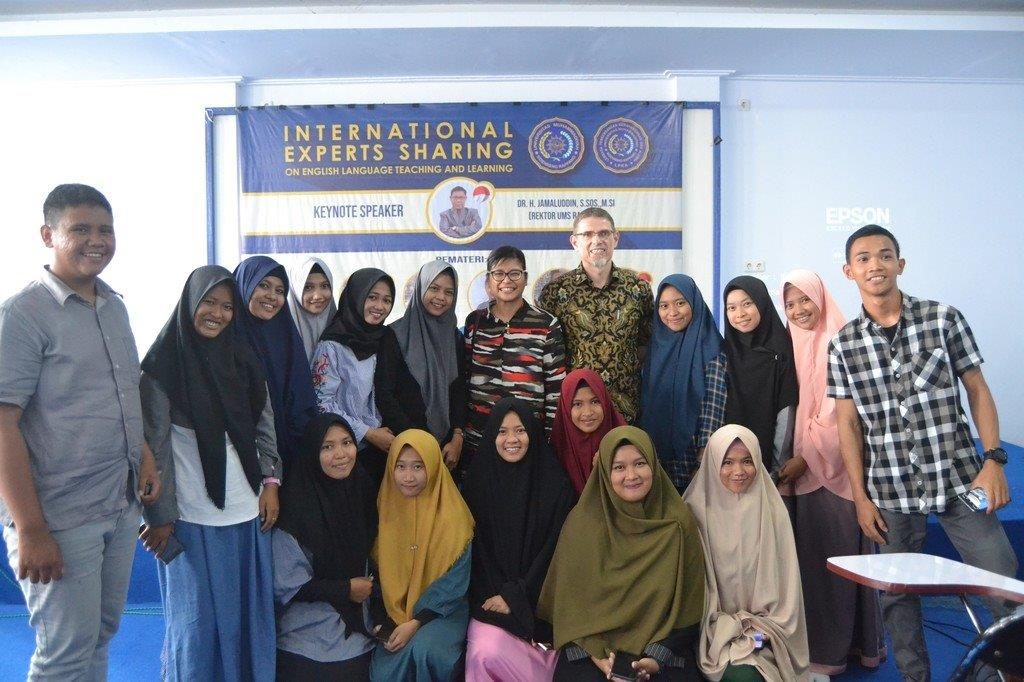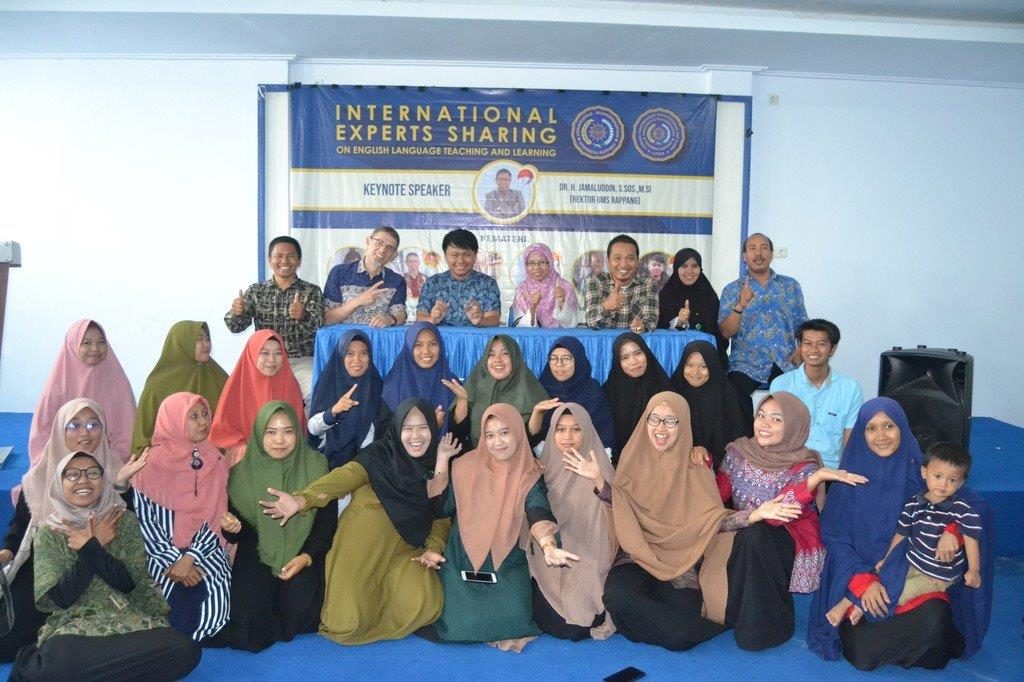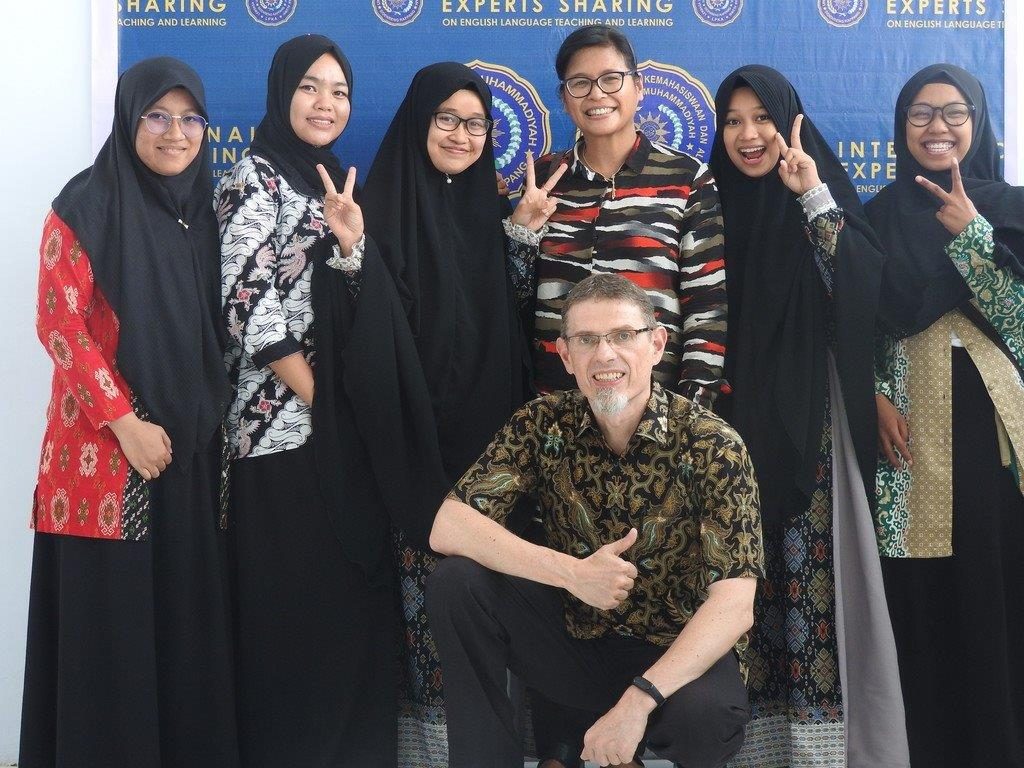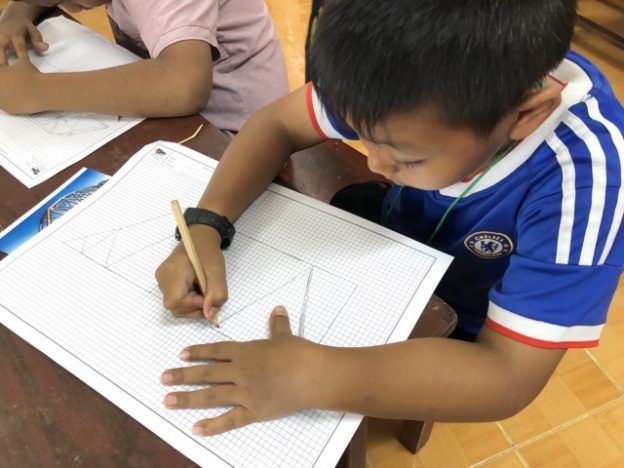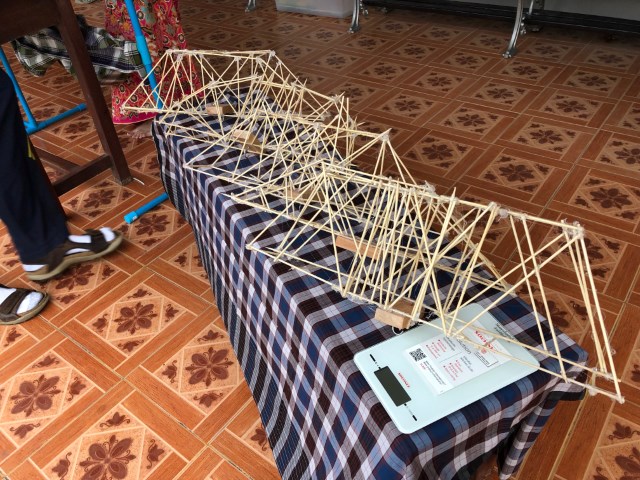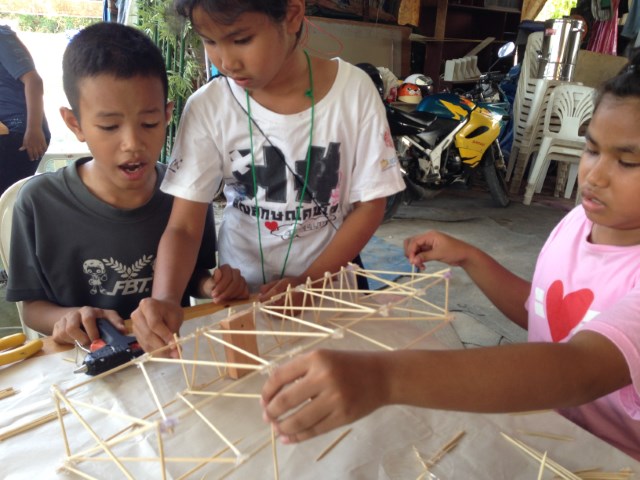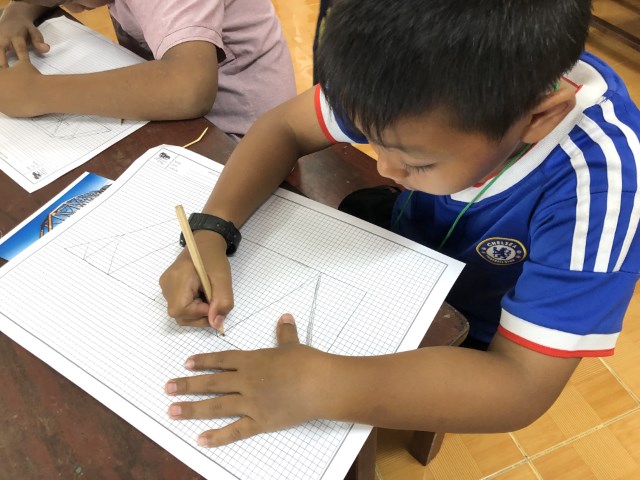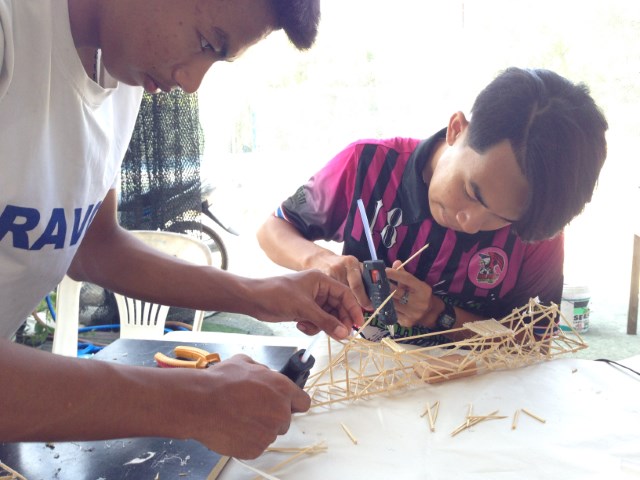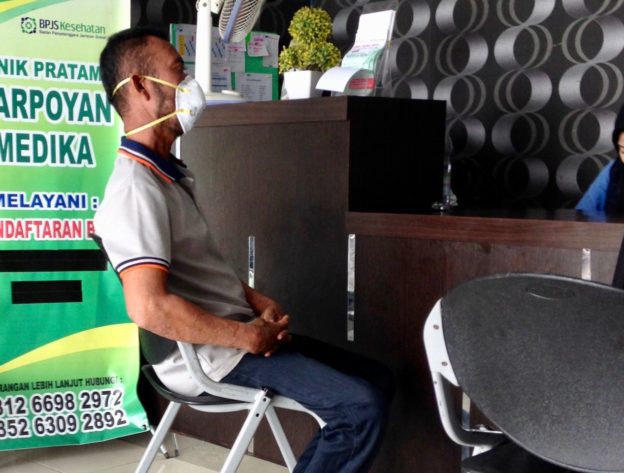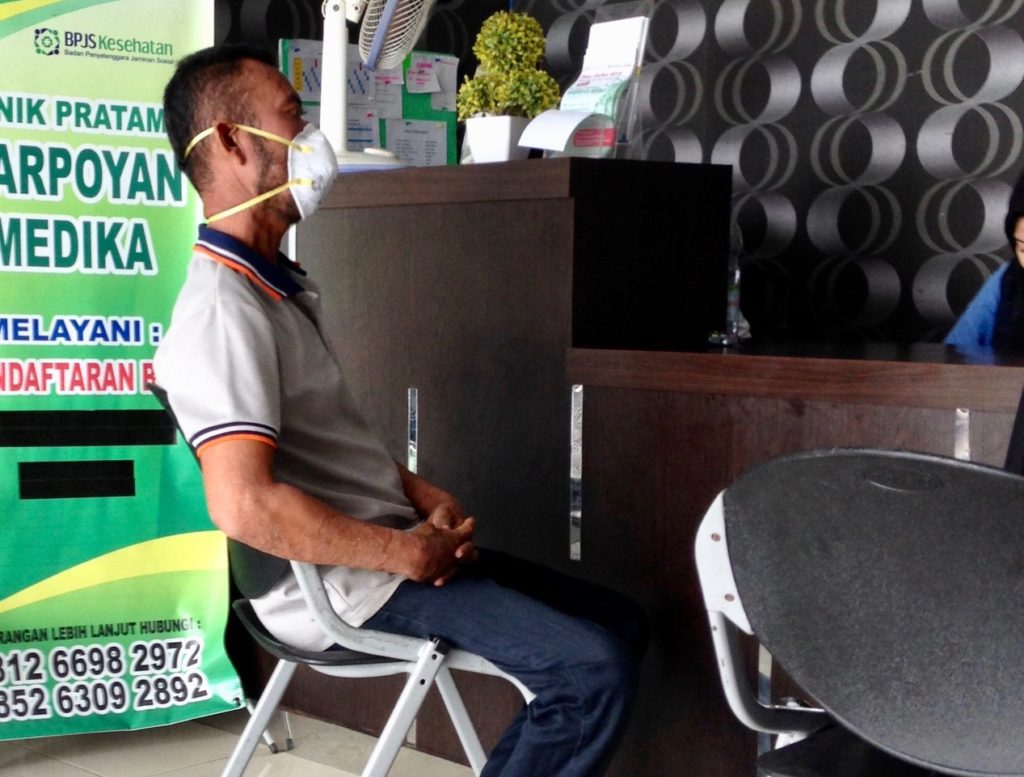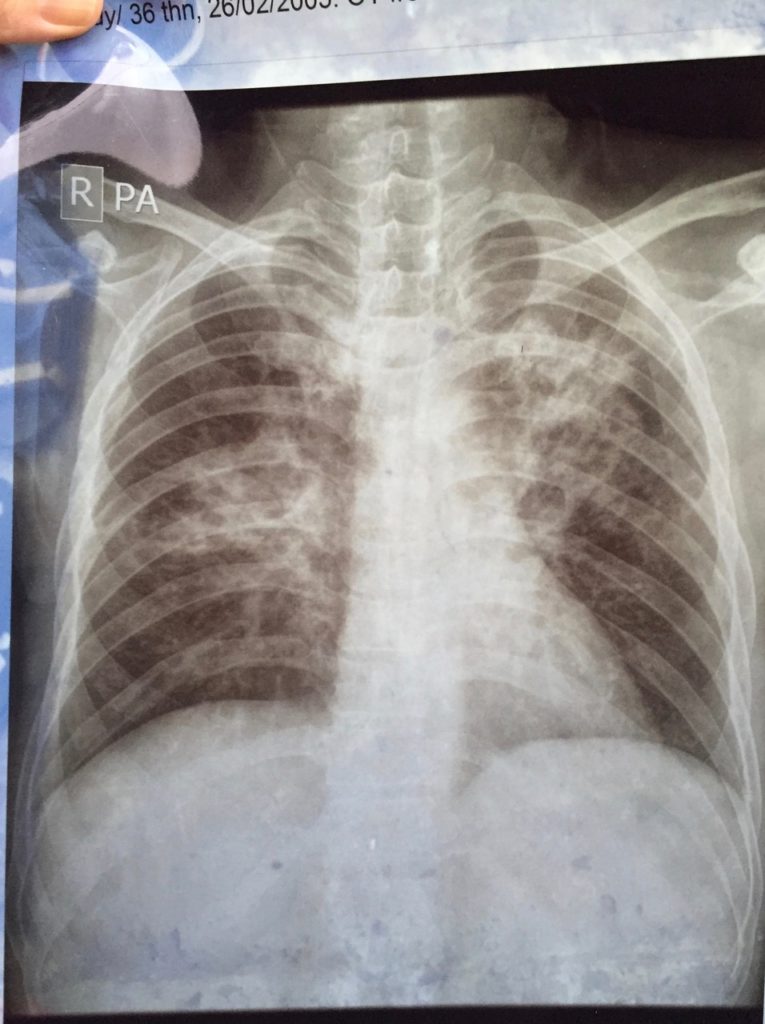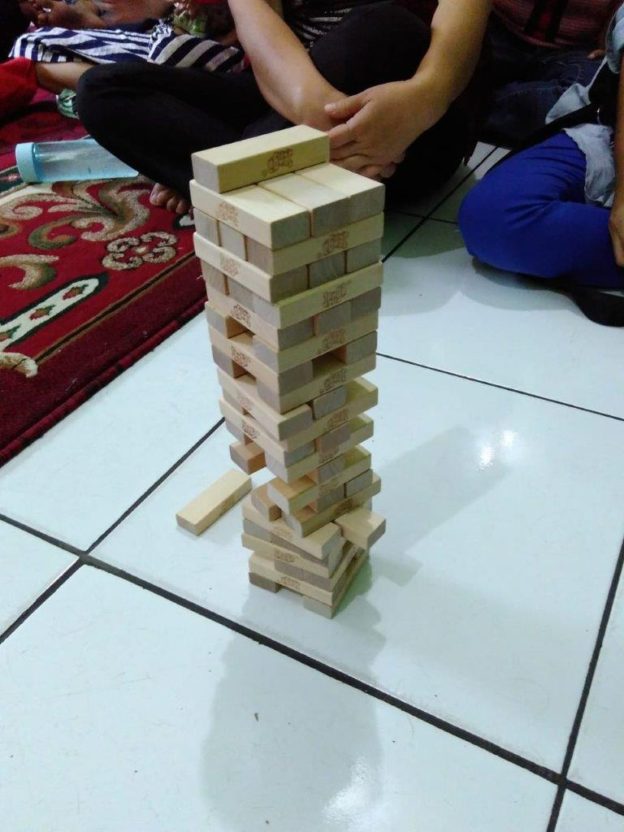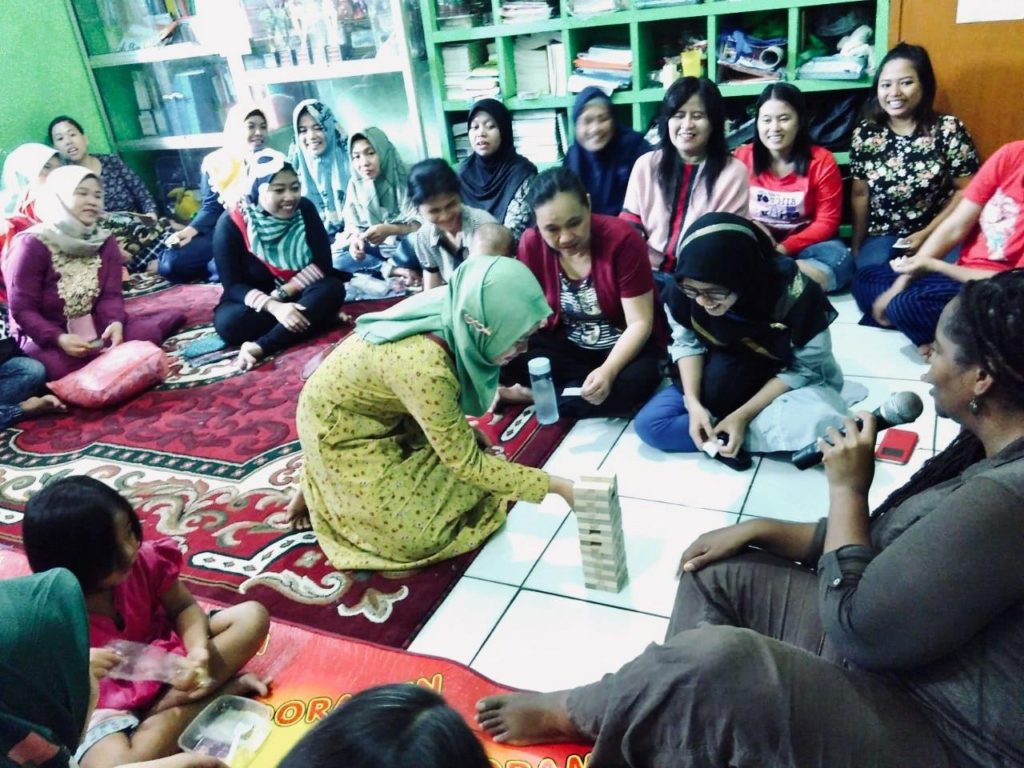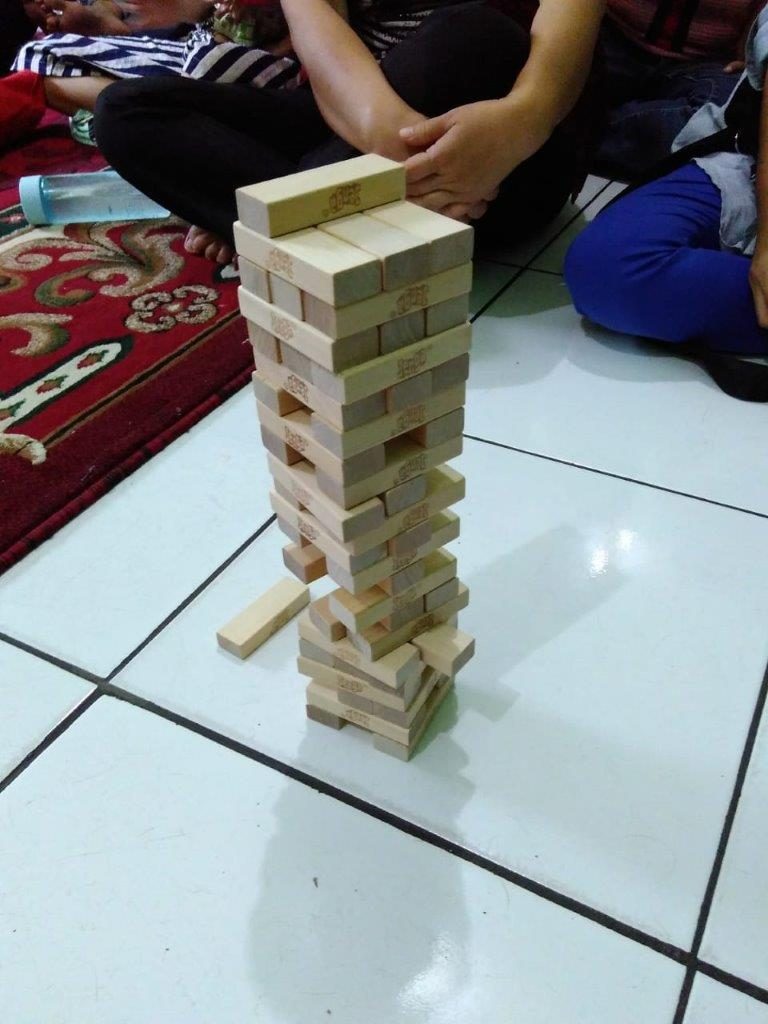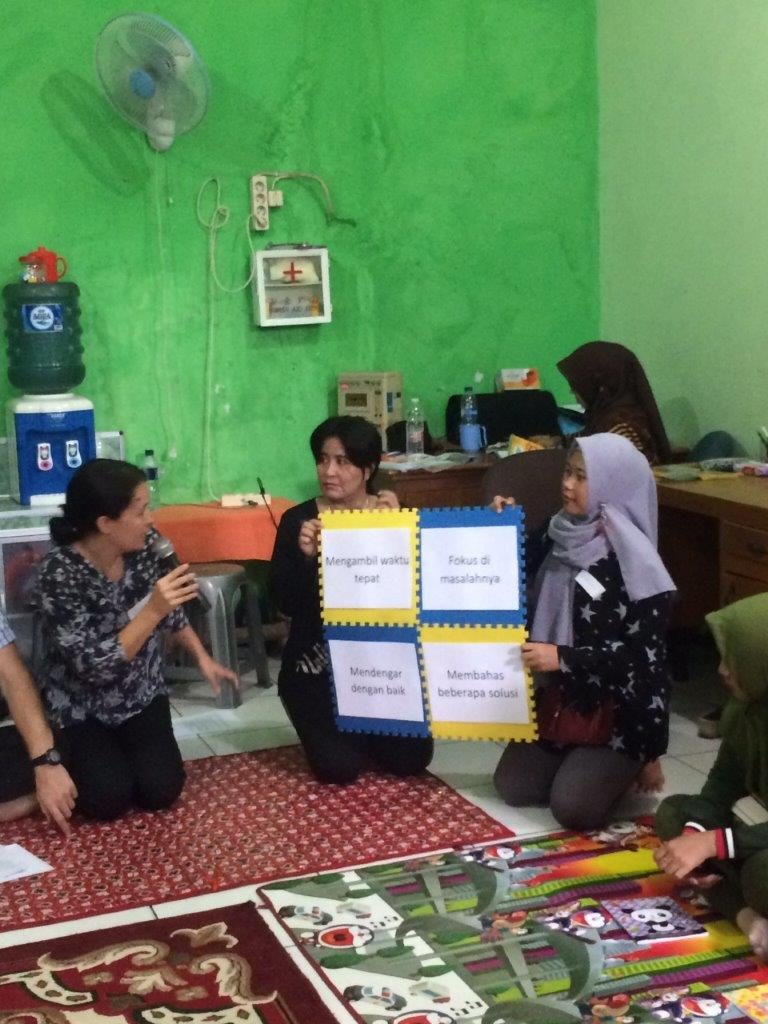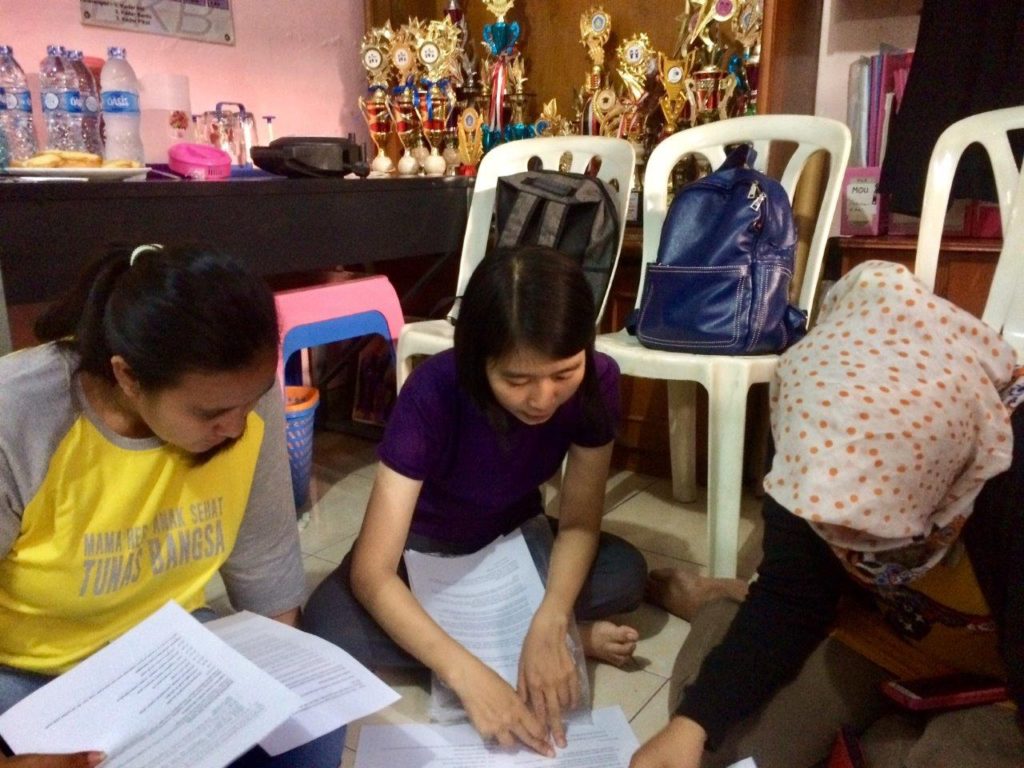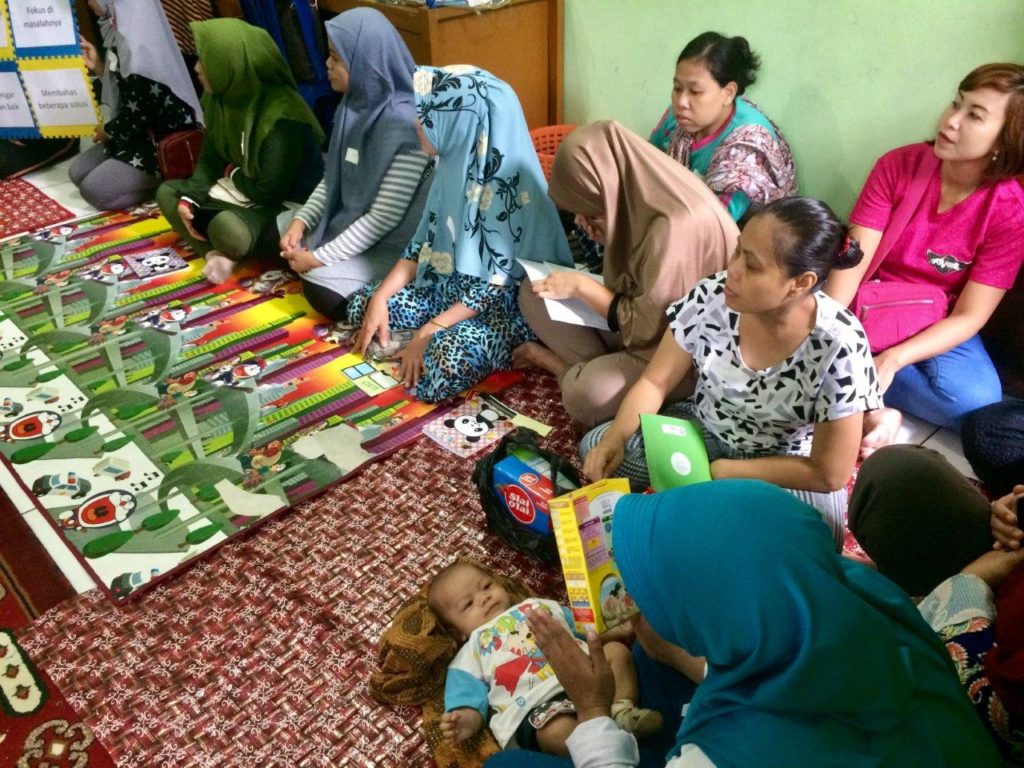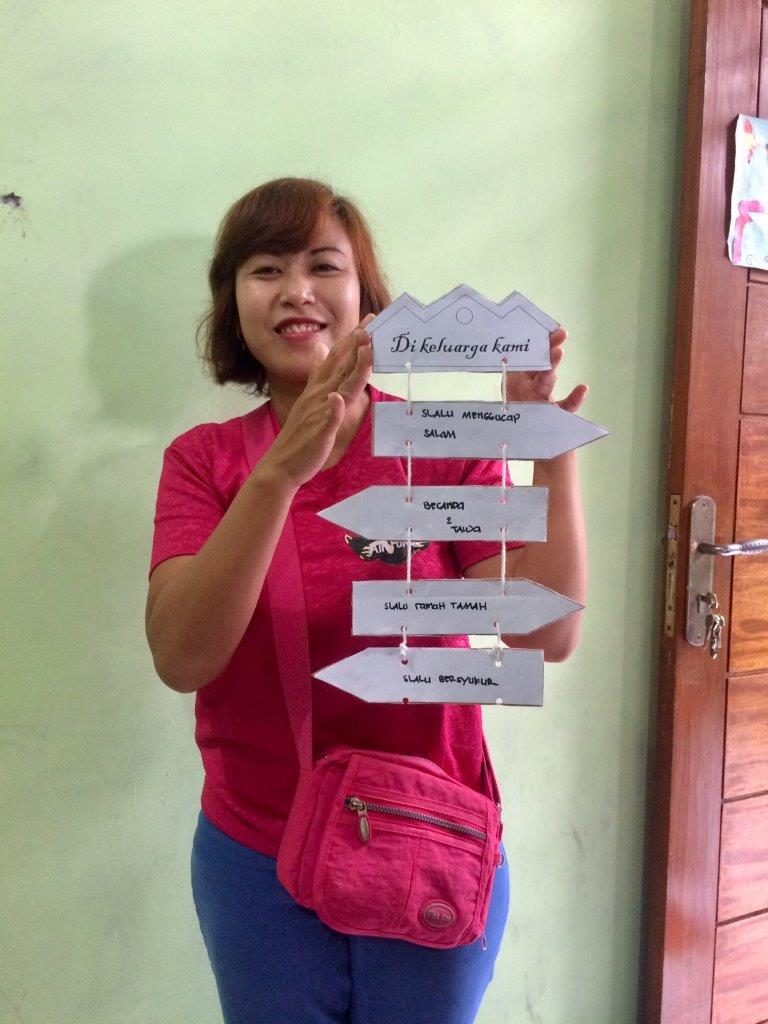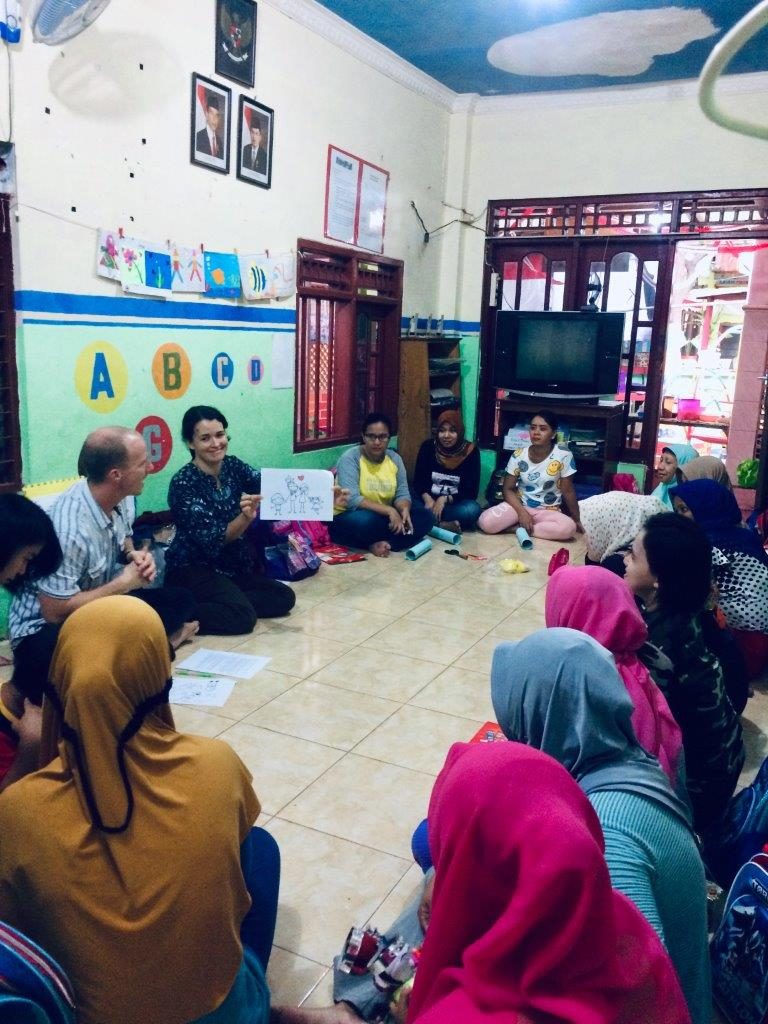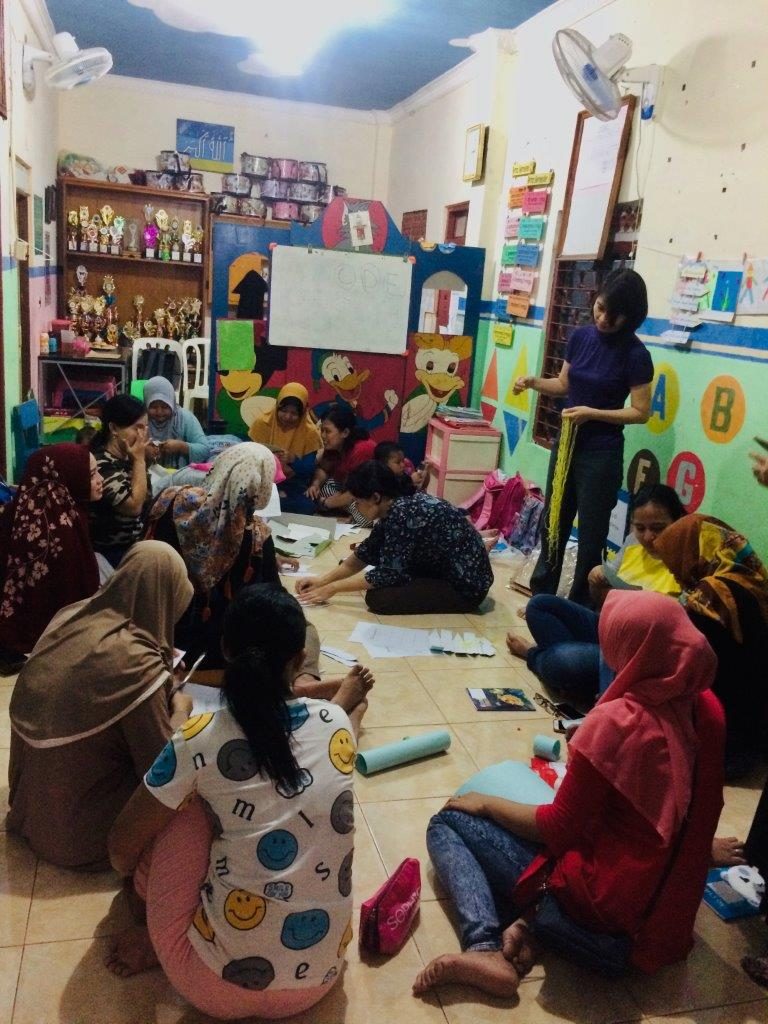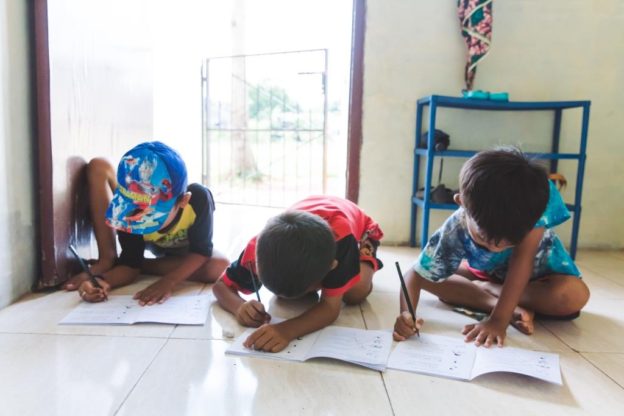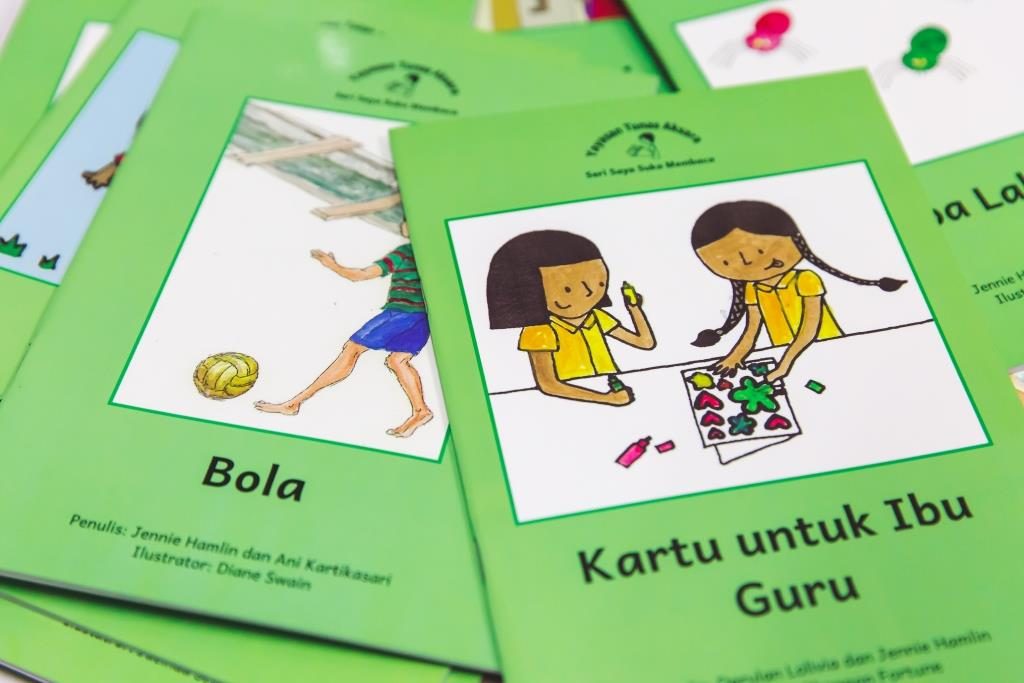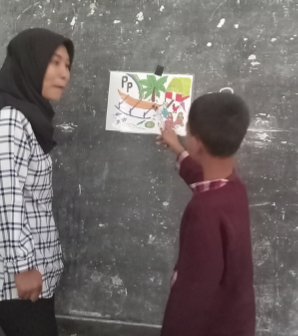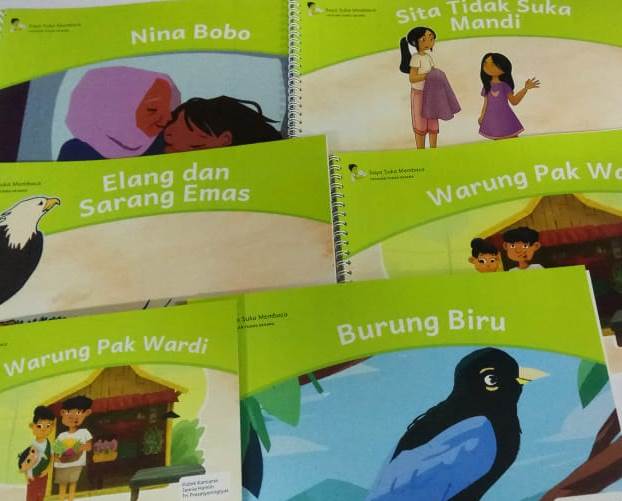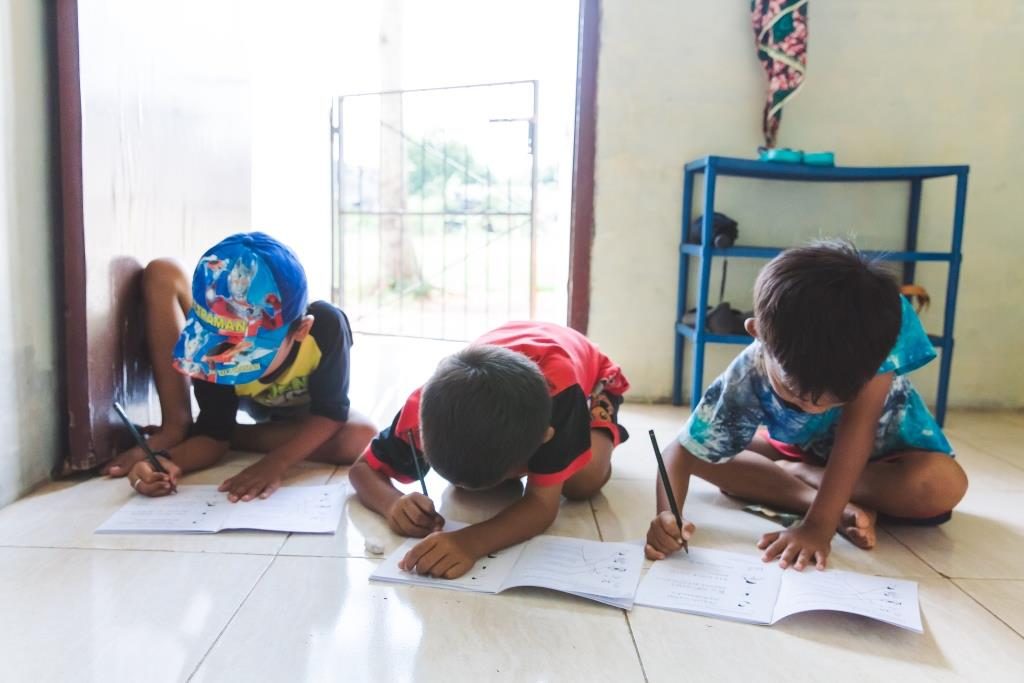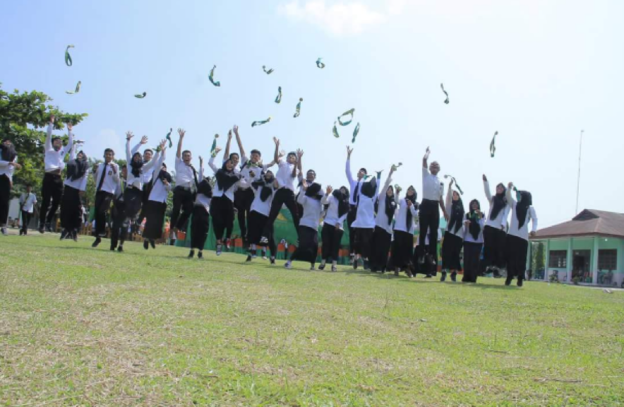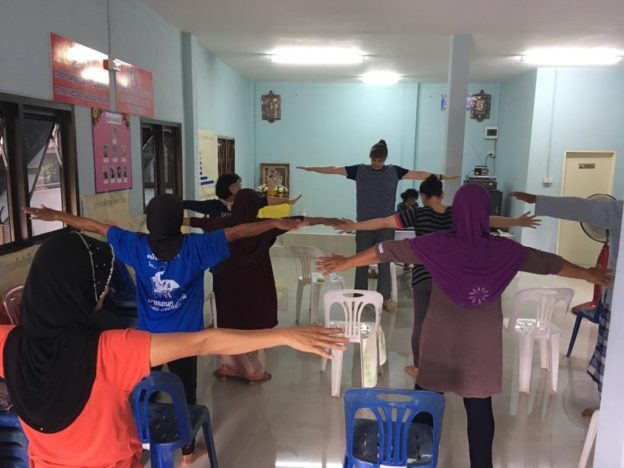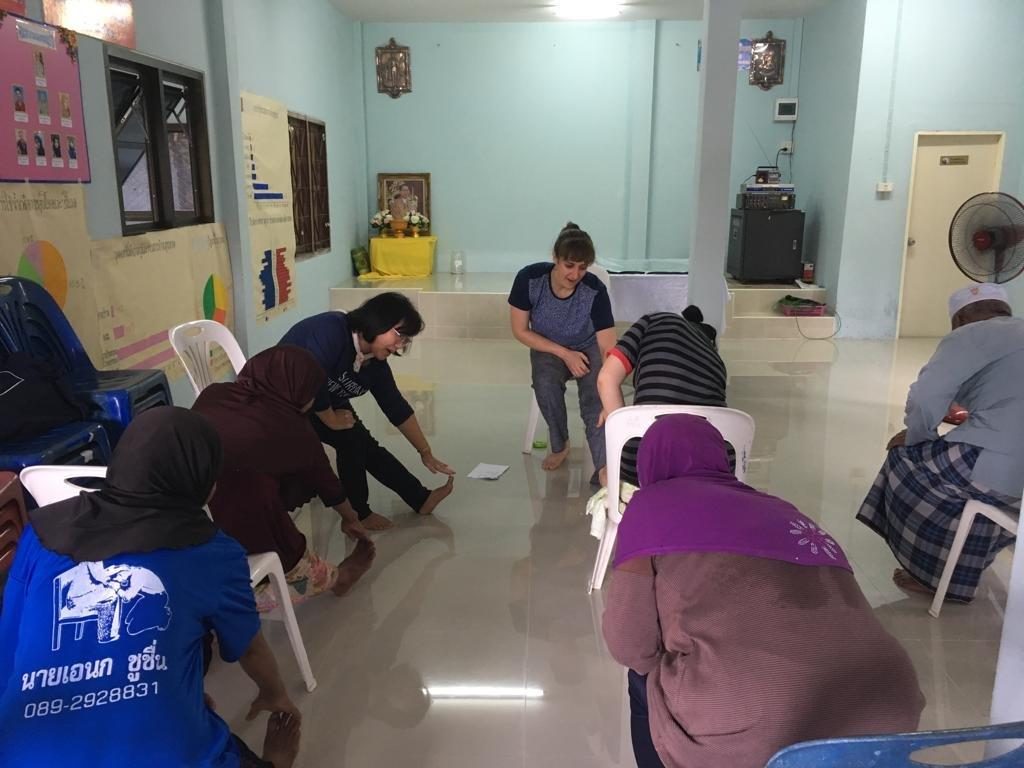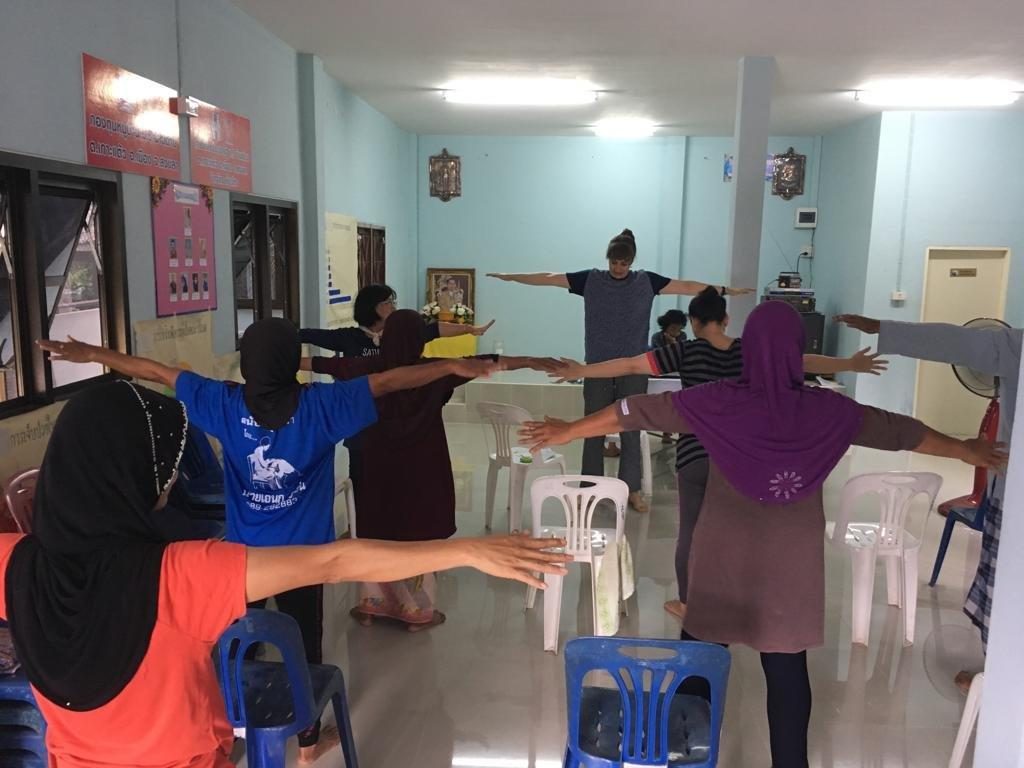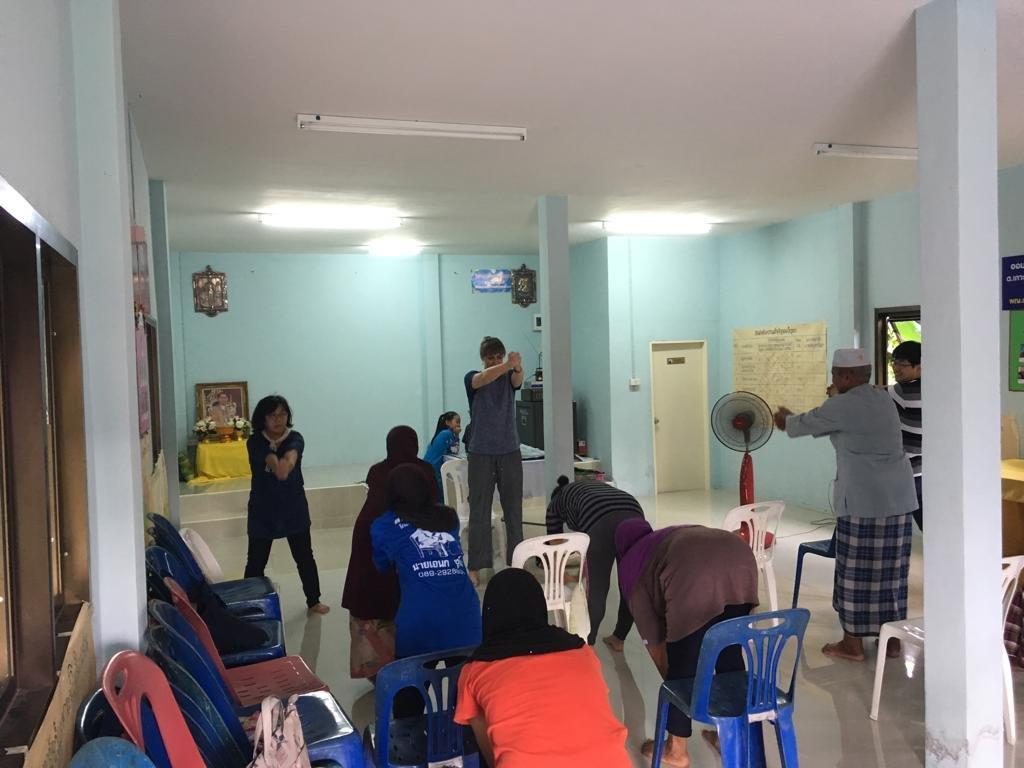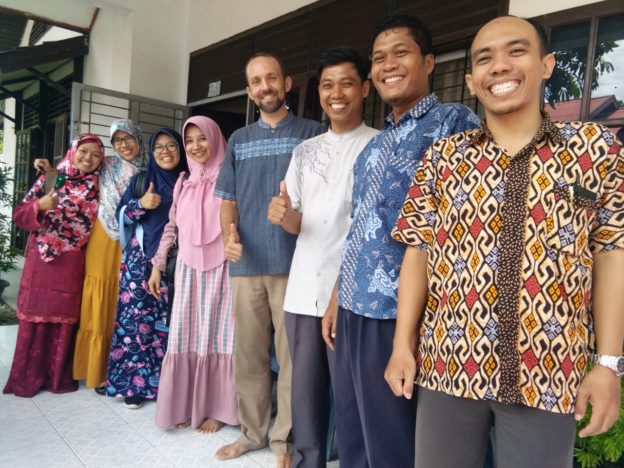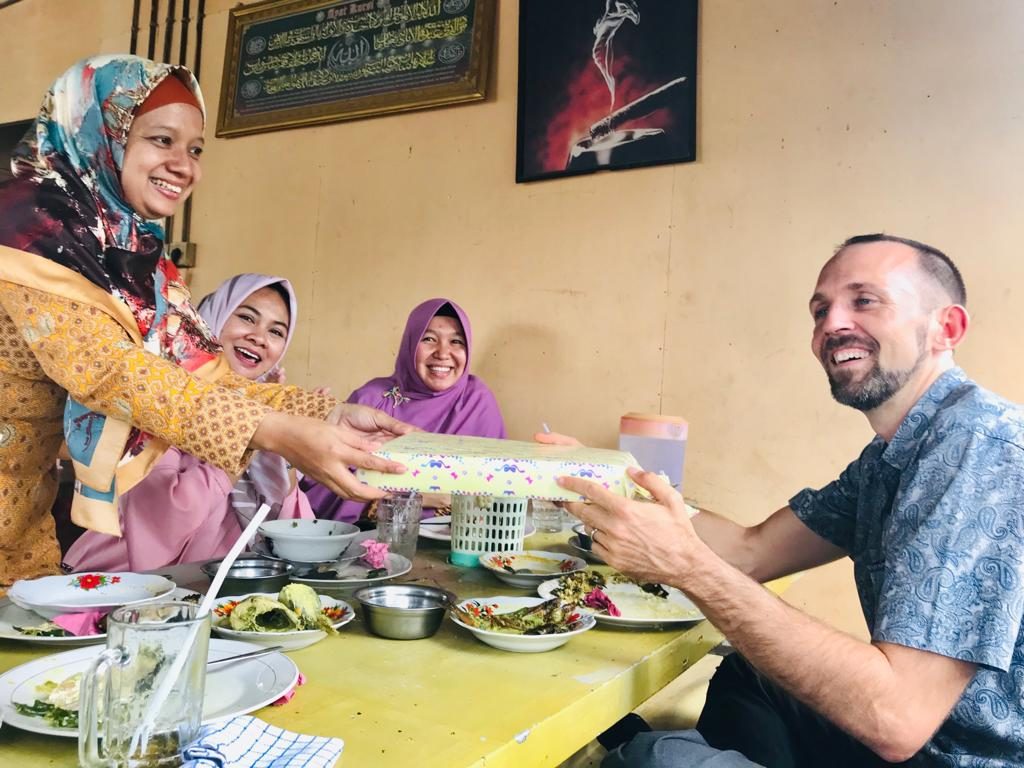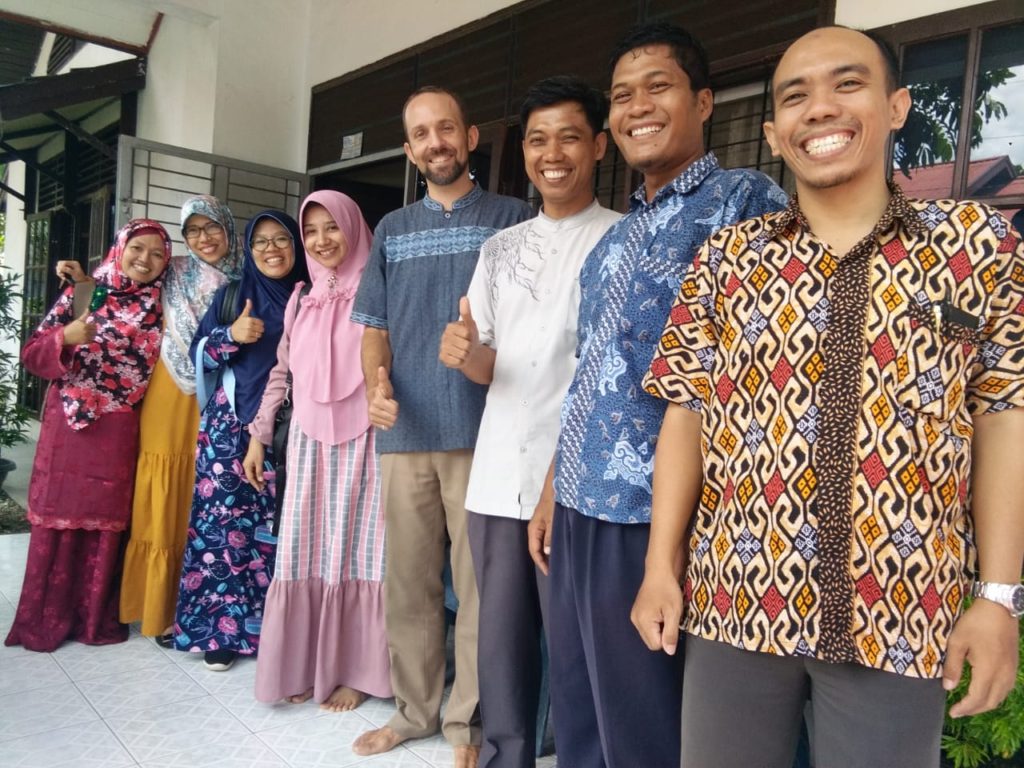Millions of bottles of sweet cordials are sold across Indonesia as families get ready to celebrate the end of the fasting month. Wouldn’t it be great if local fishing communities could grab a slice of this huge market and protect the environment at the same time?
That is precisely what is happening in one coastal community in West Sumatra. SEEDS working together with a local partner, the Perahu Nusantara Foundation, conducted research and found two key needs in the village:
1. Women in the village were unemployed and keen to start businesses
2. Mangroves were under threat.
The Perahu Nusantara Foundation spent three weeks training twenty-two women how to start businesses. At the end of the training they were encouraged to write business plans and ‘pitch’ these. One group of women proposed “Mangrove Syrup”, a sweet drink made from boiling the fruit of mangroves. After various trials, they were able to make a delicious, refreshing drink, similar to elderflower cordial. With the help of a small start-up grant, production is growing and the women are being mentored by the Perahu Nusantara Foundation in sales, marketing and quality control.
Businesses like these meet real needs. Families depending on a single source of income such as fishing are vulnerable to storms and declining stocks.
Diversifying household incomes empowers women and makes families resilient to shocks. In this case, it also encourages coastal communities to preserve mangroves and pick the fruit, rather than cutting them down for firewood.
There are thousands of coastal communities like this one across the archipelago, each one with its’ own challenges and potential. These communities need people with experience and passion to get alongside them to unlock this potential. This is what SEEDS is all about.

